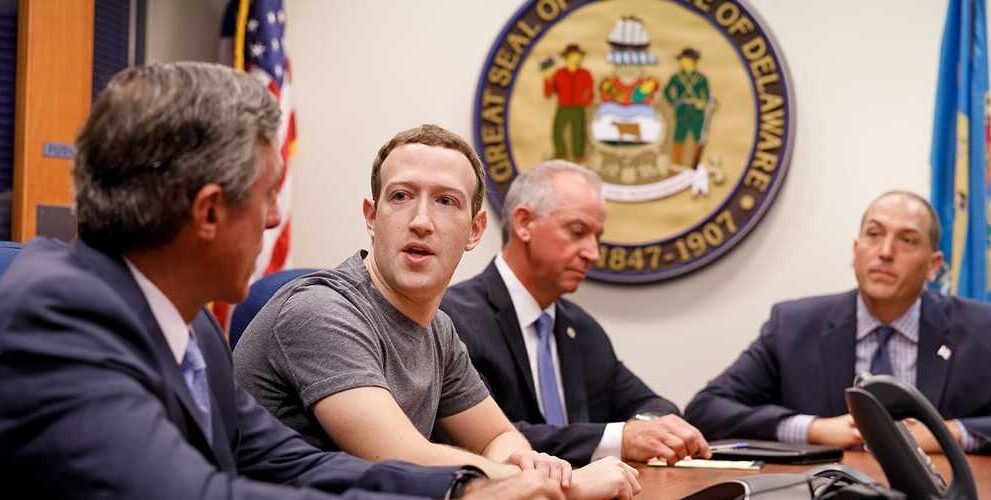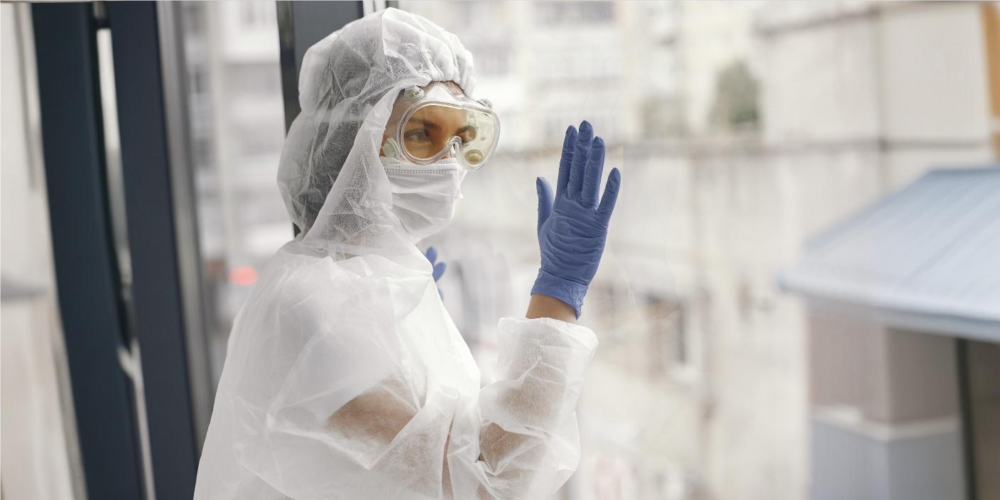No fact-checking in Facebook and Meta: Time to ring the doom-bell in social media?
Mark Zuckerberg’s recent decision to scale back or even shut down the fact-checking operations on Meta platforms are likely to have disastrous consequences, particularly when it comes to issues like public health and safety
- admin / 1 year

- 0
- 5 min read

Mark Zuckerberg’s recent decision to scale back or even shut down the fact-checking operations on Facebook and other Meta platforms is a move that has far-reaching consequences for the integrity of information shared across social media.
This decision has ignited a debate over the responsibility that platforms like Facebook hold in curbing the spread of misinformation, especially in the context of the recent wave of fake news, conspiracy theories, and harmful disinformation that plague the digital landscape.
While this move may have been made with the intent to offer a more “open” platform, the consequences are likely to be disastrous, particularly when it comes to issues like public health and safety.
As such, are we, the “modern-day social media frenzy population” ready for such “openness”?
The growing reliance on social media for news and information has led to an environment where misinformation can spread at unprecedented speeds. Without rigorous fact-checking systems in place, Facebook and Meta risk becoming breeding grounds for falsehoods and half-truths. This is especially alarming given the influential role that these platforms play in shaping public opinion and influencing behaviour. With fewer safeguards against misinformation, the potential for harm increases significantly, both in the realm of politics and social issues, and more critically, in health and medical misinformation.

Medical Misinformation – how does it hurt?
Probably one of the most immediate and harmful consequences of Zuckerberg’s decision will be the proliferation of medical misinformation. Over the past few years, social media platforms have become a critical source of health information for millions of people, including advice on vaccines, treatments, and wellness. However, these platforms have also been fertile ground for medical falsehoods, the most recent and glaring example being the COVID-19 pandemic.
Take, for example, the widespread conspiracy theories around the COVID-19 vaccine. Prior to the vaccine rollout, false claims about the vaccines causing infertility, altering DNA, or even implanting microchips were rampant on social media. Many of these claims were debunked by fact-checkers, but without such safeguards in place, these narratives would have continued to thrive. In fact, without a robust fact-checking system, the vaccine scepticism that already exists could expand exponentially, putting public health at risk.
Confusion, mass chaos, rampant posts about myths and false information, fear psychosis, generating wrong beliefs about treatment, self-medication and mistaken steps at prevention – form the most common hazards of medical misinformation.
Such falsification doesn’t stop at vaccines. During the COVID-19 pandemic, social media users also shared false cures and ineffective treatments, such as the promotion of hydroxychloroquine and ivermectin as miracle cures. Some of these treatments not only proved to be ineffective but also posed serious health risks.
In one extreme case, people began self-medicating with versions of ivermectin meant for animals, which led to serious health complications and hospitalizations. If fact-checking had been less stringent, these harmful claims could have spread further, leading to even more dangerous health outcomes.
Broader Societal Impacts
The potential for misinformation to influence people’s behaviour is not just a problem in medical fields but extends to other areas of life. For example, during election cycles, false information about candidates, voting processes, or election outcomes can influence voters’ decisions and undermine democratic institutions. The widespread belief in unfounded election fraud claims in the United States in 2020 is a case in point. These falsehoods, perpetuated by a combination of social media and unchecked narratives, contributed to the January 6 Capitol riot and further fractured political discourse.
Without rigorous fact-checking systems, social media platforms will increasingly become hotbeds for conspiracy theories, hate speech, and divisive content. This environment can have real-world consequences, such as increased polarization, violence, and public distrust in democratic institutions and the media. As misinformation grows unchecked, users become more susceptible to extreme views, undermining social cohesion and leading to a more divided society.
Fear of impending doom
In shutting down fact-checking operations, Zuckerberg’s decision, not matter how open-minded, risks exacerbating the spread of misinformation, particularly in sensitive areas like health and politics.
The harmful effects of medical misinformation, already apparent in the context of the COVID-19 pandemic, could worsen, leading to more public health crises.
Social media platforms have a profound responsibility to ensure that the information they distribute is accurate and reliable, and removing or reducing fact-checking capabilities undermines that responsibility.
Without rigorous oversight, the harmful effects of misinformation will only increase, endangering both individual well-being and societal stability.
Information unchecked is a wildfire that can consume civilizations – are we really ready for another infodemic? With Zuckerberg’s new decision, it’s time for all of us to ponder.
Dr Debanjan Banerjee is a Consultant Neuropsychiatrist at the APOLLO Multispecialty Hospitals, Kolkata and a member of First Check’s global network of experts.
Also read: ‘Meta’s decision to stop fact-checking will fuel more health-related misinformation’ – First Check
(Do you have a health-related claim that you would like us to fact-check? Send it to us, and we will fact-check it for you! You can send it on WhatsApp at +91-9311223141, mail us at hello@firstcheck.in, or click here to submit it online)









